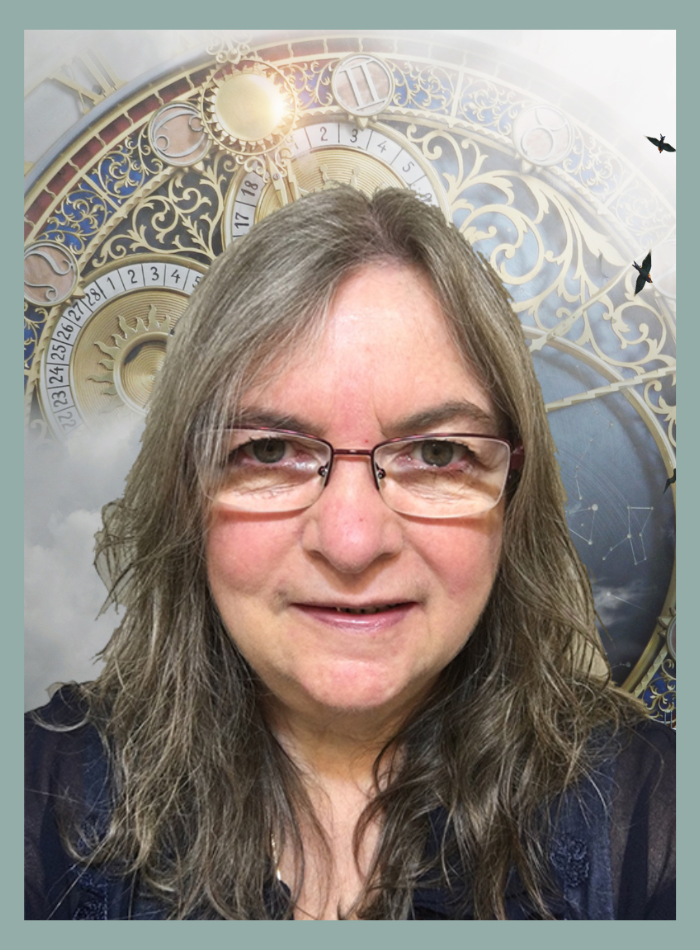
I have been working as a Life Coach for several years now. I’ve completed and became certified in several top notch coaching programs.
And, I believed that the techniques I was being taught were universally beneficial. That they would work for everyone.
But the cracks in my belief recently began to appear.
A life coach that I really admire began questioning the validity of many coaching techniques for someone who was depressed. It wasn’t long after reading and listening to what she had to say, that I began noticing the inappropriateness and ineffectiveness of many of the life coaching techniques that I had come to trust when applied to people with Lupus.
Now, don’t get me wrong. Some techniques, like mindset shifting and identity shifting, are extremely effective at helping anyone, everyone, cope with whatever life throws at them. After all, the attitude we bring to our life (both positive and negative), and the identity we take on regarding our lives (victim or hero) will have an impact on how we perceive ourselves, how we speak, think and feel about ourselves, what opportunities we notice, etc. Shifting either our mindset or our identity can definitely help make our lives better, easier, etc., regardless of our life circumstances.
But then there are other techniques, like the techniques that are being taught on how to practice self-love, or the constant unrelenting admonition to ‘Be Happy!!’ These suck, mainly because they do not work for someone with an autoimmune illness, like Lupus, or basically anyone with a chronic illness.
Imaging this scenario – you are in the middle of a really bad flare or really bad session. You contact your life coach to see if  they can help you cope and the only advice you receive is that you should be doing better at practicing self-love and that you should get happy. We all know how effective those two techniques are going to be in situations like this!!
they can help you cope and the only advice you receive is that you should be doing better at practicing self-love and that you should get happy. We all know how effective those two techniques are going to be in situations like this!!
In fact, many people find that the level of stress and frustration increases when they try to ignore how they are really truly feeling in order to “Get Happy”.
What I have learned is to forget about even trying to get happy. The best I can do is experience what I am feeling, and then try to reach for a better feeling thought. If I’m depressed, I’ll experience the depression (the pain, the fatigue,etc) and when I’m ready, I’ll try to shift how I’m feeling into something more in line with anger or rage. Once I have experience anger or rage, I’ll move on to another better feeling thought.
And, as long as I don’t stay in the emotional state of depression, anger, or rage, then it’s good enough for now. Eventually, I know that if I keep working on it, my emotional state will continue to lighten up until I am once again feeling good – not necessarily happy, but good, which is fine for me.
The other life coaching technique that really bites my buzz, is the whole self-love concept. Self-love, in and of itself is awesome – don’t get me wrong here. Self-love is the basis for so much strength, power, and confidence in our life, but, we keep being told to incorporate more self-love activities into our daily life. These are activities that make us feel good about ourselves. Activities that energize and excite us. That bring our core values into our daily life. Heck, I’ve even coached and written about that one.
Self-love is important, probably one of the most important things that anyone can do for themselves. And these self-love activities can certainly help boost our mood, shift our mindset, and increase our energy levels.
However, for me, the most important form of self-love is something that is very rarely talked about – it’s boundaries. For anyone with an autoimmune or any other chronic illness, one of the most important things we can do for ourselves is to protect ourselves by setting boundaries that we do not let anyone cross – not even ourselves.
 The kind of boundaries I’m referring to involve respecting and loving yourself enough to not let anyone, regardless of who they are (boss, spouse, child, relative, best friend) treat you or speak to you in ways that you do not want them to. Ways that make you feel embarrassed, ashamed, awkward. Ways that make you lose your confidence and leave you feeling ‘less than…’
The kind of boundaries I’m referring to involve respecting and loving yourself enough to not let anyone, regardless of who they are (boss, spouse, child, relative, best friend) treat you or speak to you in ways that you do not want them to. Ways that make you feel embarrassed, ashamed, awkward. Ways that make you lose your confidence and leave you feeling ‘less than…’
Boundaries are about not doing things for others (including your family) when what you really need is some down time so you can recover. Holding your boundary is not letting anyone call you lazy because you need to rest; or call you a hypochondriac because they don’t understand what the illness you have is really like.
Boundaries even apply to how you speak and think about yourself. Boundaries stop you from being hard on yourself, from thinking about yourself as a victim, or a fraud.
Maintaining these boundaries requires that you respect yourself enough, that you value yourself enough, that you love yourself enough, to only allow words, attitudes, feelings, activities etc., that make you feel good about yourself and about your life be a part of your experiences. This isn’t always easy to do, particularly when we ignore our own boundaries, but it’s definitely worth the effort.
After all, if we don’t love, respect, and value ourselves enough to respect the boundaries we put into place, how can we expect others to respect, value, and love us enough to also respect our boundaries.
My boundaries are my thrive time, protected time for me to do what I need to do in order to thrive in my new identity. Adding extra activities, no matter how much they energize me or how much I love them, isn’t always what I need to do in order to thrive in that moment. Sometimes the absolute best thing I can do for myself, my biggest act of self-love, is to do nothing at all…and I’m fine with that.




